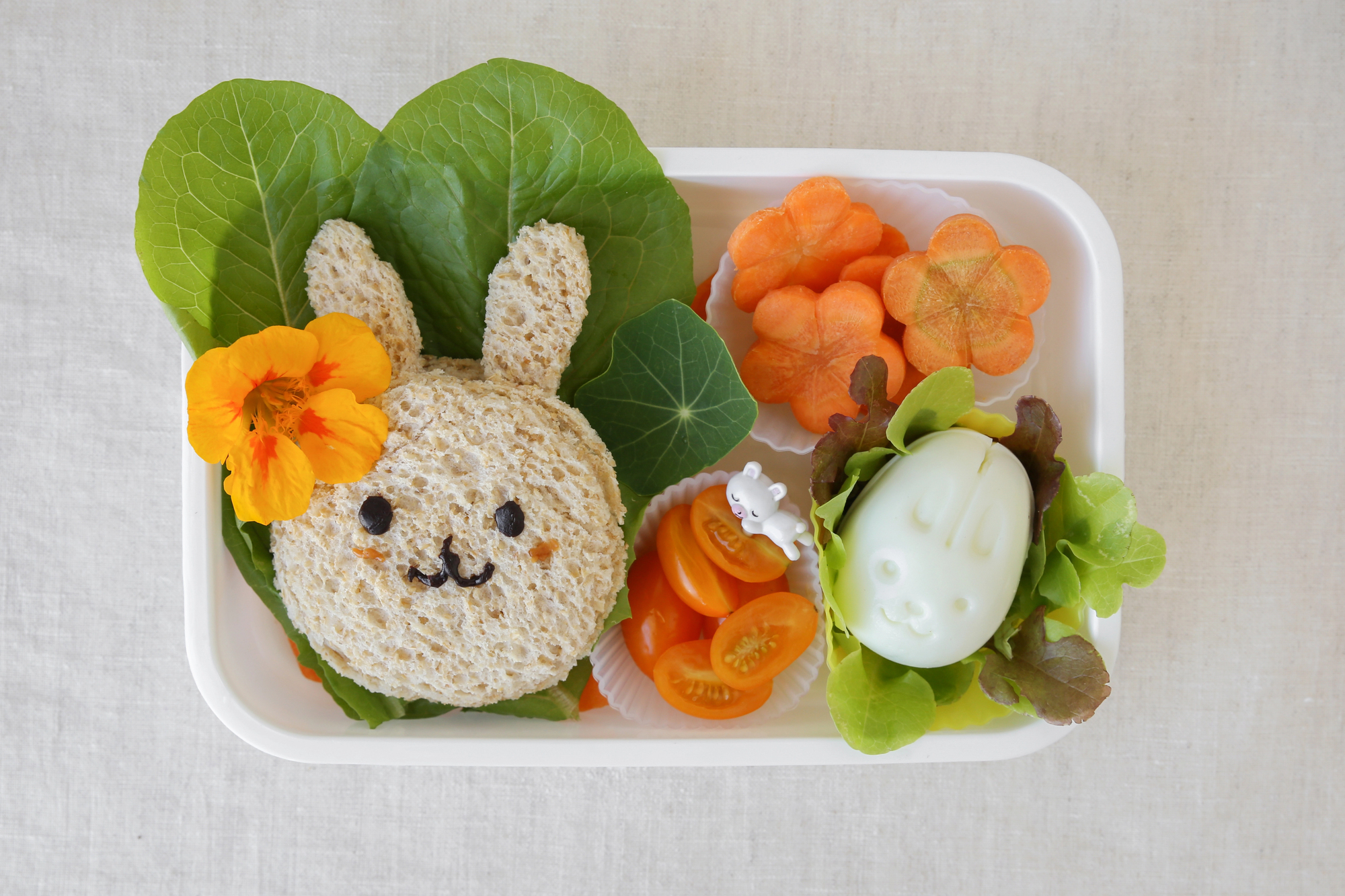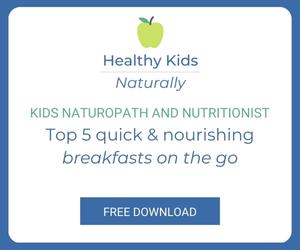Did you know your child’s gut health affects far more than just digestion? A well-balanced gut microbiome supports growth, immunity, skin health, brain function, mood regulation, and even sleep. The gut produces neurotransmitters like serotonin and dopamine, which influence emotions, stress response, and overall well-being.
But gut health isn’t just about taking a probiotic supplement. It’s about nurturing a diverse microbiome through proper nutrition, hydration, and lifestyle choices.
If you’re unsure where to start, here’s a comprehensive guide to supporting your child’s gut health naturally.
Understanding Gut Health: More Than Just Digestion
The gut microbiome is a community of trillions of bacteria, fungi, and other microorganisms living in the digestive tract. These microbes:
✔ Aid digestion and nutrient absorption
✔ Support immune function—70% of immune cells reside in the gut
✔ Produce neurotransmitters that regulate mood and behaviour
✔ Help maintain a strong gut lining to prevent inflammation
The health of your child’s microbiome is shaped by genetics, birth method (vaginal vs. C-section), diet, antibiotic use, and environmental exposure. While we can’t control genetics, we can optimize gut health through daily habits.
1. Nutrition: Feeding the Microbiome
A healthy gut needs a variety of beneficial bacteria, which thrive on a diet rich in prebiotics and probiotics.
- Prebiotics (food for good bacteria): Apples, asparagus, cabbage, sweet potatoes, berries, and bananas.
- Probiotics (live beneficial bacteria): Yogurt, kefir, sauerkraut, miso, pickles, and kombucha.
Why Protein Matters
Many children don’t consume enough protein, which is vital for repairing the gut lining and supporting digestion. Aim for 4-5 servings per day from:
✅ Lean meats (chicken, turkey, fish)
✅ Eggs
✅ Dairy (cheese, yogurt, milk)
✅ Legumes (beans, lentils, chickpeas)
✅ Nuts and seeds
💡 Easy meal idea: A yogurt parfait with berries and chia seeds makes a great probiotic-rich breakfast!
2. Hydration: The Key to Gut Function
Water is essential for:
✔ Preventing constipation
✔ Absorbing nutrients efficiently
✔ Supporting kidney and liver detoxification
💦 Tips to encourage hydration:
- Offer water before meals to aid digestion.
- Use fun water bottles or infuse water with fruit for flavor.
- Set hydration reminders to encourage regular sips.
Did you know? Mild dehydration can slow digestion and increase the risk of bloating and discomfort.
3. Probiotics: Choosing the Right One
While probiotic supplements can be beneficial, choosing the right strain matters. Different strains serve different functions:
- For constipation: Look for Bifidobacterium lactis.
- For eczema/allergies: Lactobacillus rhamnosus may help.
- For antibiotic recovery: Saccharomyces boulardii supports gut balance.
💡 Probiotic tip: Not all yogurts contain active probiotics! Look for live cultures listed on the label.

4. Limit Processed Foods & Sugar
Excess sugar and processed foods:
🚫 Deplete essential gut nutrients like Vitamin D and Zinc.
🚫 Feed harmful bacteria and yeast, leading to gut imbalances.
Simple swaps for better gut health:
✅ Wholemeal pasta instead of white pasta
✅ Brown rice instead of white rice
✅ Whole grains over refined grains
✅ Fresh fruits instead of sugary snacks
💡 Gut-friendly snack idea: Swap chips for hummus and veggie sticks—rich in fiber and prebiotics!
5. Let Kids Play in the Dirt!
Yes, really! Exposure to natural bacteria from soil strengthens the immune system and promotes a diverse microbiome.
🌱 Studies show that Mycobacterium vaccae, a beneficial bacterium found in dirt, can improve mood and cognitive function.
Encourage outdoor play through:
✔ Gardening
✔ Playing at the park
✔ Walking barefoot on grass
Bonus: Sunshine provides Vitamin D, essential for gut and immune health!
6. Small, Sustainable Changes for Long-Term Success
Big lifestyle changes can feel overwhelming. Instead, focus on one small habit at a time:
✅ Add one gut-friendly food per week to meals.
✅ Encourage kids to drink more water with fun cups or straws.
✅ Set an example—children mimic what they see!
💡 Gut Health Checklist: ✔
⬜ My child eats a variety of fruits, veggies, and protein.
⬜ We include probiotic foods like yogurt or kefir.
⬜ My child drinks enough water daily.
⬜ We limit processed and sugary foods.
⬜ My child plays outdoors regularly.
Start with just one or two goals, and build from there!
Need More Help?
If you’re looking for personalized guidance on your child’s gut health, Healthy Kids Naturally is here to support you! Contact us for expert advice and family-friendly nutrition tips.
🌱 Small changes today lead to big health benefits for your child’s future!









